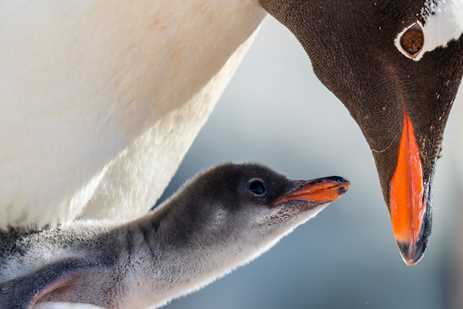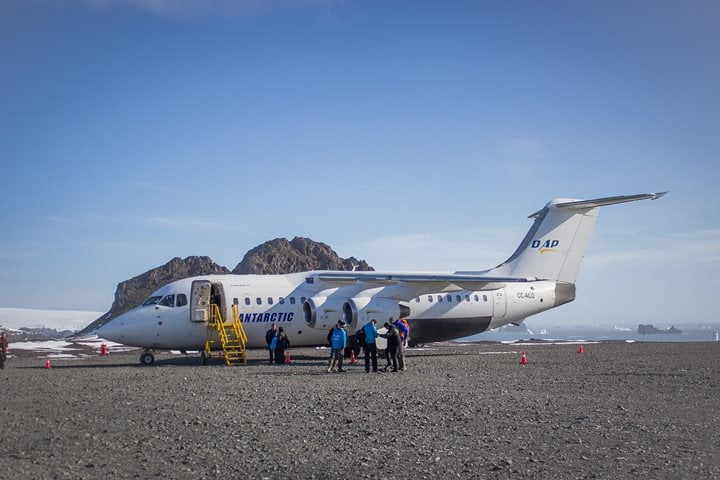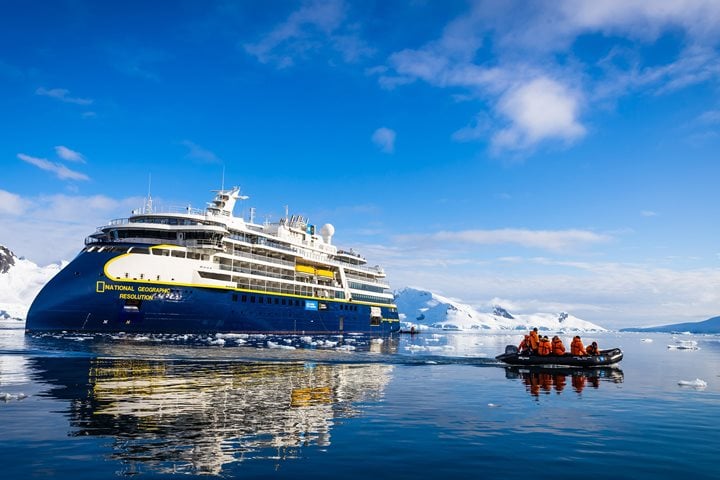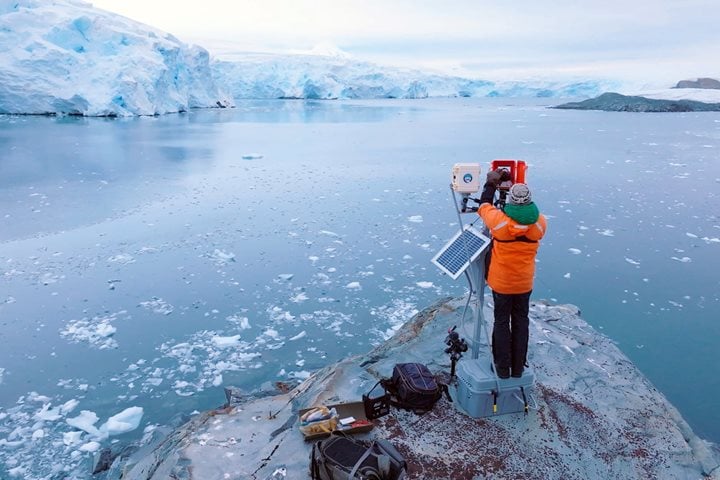Video Transcript
Christian Cooper, host and consulting producer of National Geographic’s series Extraordinary Birder: When you're observing birds, what takes you outside of yourself?
We tend to be stuck in our own heads worrying about our day. When you're looking for birds, you're focused on what's around you. What you learn from the birds is how we all fit together, how the birds depend on the bugs, and we depend on the bugs to pollinate, the plants depend on the bugs. The whole interconnected web becomes much more clear.
If you pay attention to birds, you're a birder, cause it doesn't take fancy binoculars, it does not take, you know, a wealth of knowledge.
It's all about appreciating the birds and through the birds, the natural world, and anybody can do it. And that's one of the best things about birding.
Title: In Good Company: A Birding Life with Christian Cooper
Who is Christian Cooper?
I'm Christian Cooper, and I am a writer and the host and consulting producer on the TV show Extraordinary Birder on National Geographic.
I'm also a birder since about the age of nine or 10 years old, and I'm 60 now, so that's a long time. That's a half century.
This December, I'll be a guest speaker on Journey to Antarctica: The White Continent.
Like a lot of kids, I was obsessed with dinosaurs, and then that shifted over to birds. When I was in middle teens, the first papers came out that said, "Hey wait, you know, birds actually evolve from dinosaurs," and I was like, "Yes! Absolutely." Birds actually are living dinosaurs. I just find them fascinating on that level. They give us gorgeous colors, they give us remarkable vocalizations. And then the other thing is that they fly. It's just the ultimate in freedom.
We are in the northern end of Central Park. This is called The Pool. I started birding in Central Park around 1985. Central Park is the place to be because it's what they call a migrant trap during migration. Birds funneling up the Atlantic Coast, they're flying along and they come across this sea of concrete. They're looking for a place to rest and refuel, and they see this emerald swath in the middle of Manhattan and they all just pour in. They all have their own songs and their own behavior patterns and ways of being, and so that makes Central Park really wonderful in the springtime.
Birding in Antarctica: From Penguins to Pelagics
Every place you go in the world, you've seen different birds and new birds. I've been to North America obviously, South America, Africa, Europe, Asia, and Australia, but I've never been to Antarctica. So it's, it's just thrilling that I'll be seeing a new, new chunk of the Earth and the birds that come with it.
The birds I'm really looking forward to seeing in Antarctica, no brainer: Penguins. Penguins, penguins, penguins.
Also besides penguins, is the pelagic birds that are ocean going that you can't see from land. They work the rich waters of the Antarctic because the Antarctic is cold water, and the colder the water, the more oxygen it holds. And because it holds more oxygen, that allows it to be a richer resource for wildlife. And that means the birds all come in to feed. So, I will be on deck looking for birds. You will not recognize me because I have no tolerance for the cold, so I will be completely bundled and covered up, but I will be there looking for all the pelagics that we can see and I'm very excited about that.
I love to spread the "gospel of birding," as I like to call it. I'm looking forward to talking to other people who are on the cruise and sharing that love of birds and that knowledge of birds as much as I can. So, I’m very excited about that.




